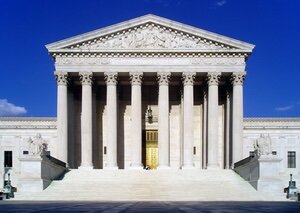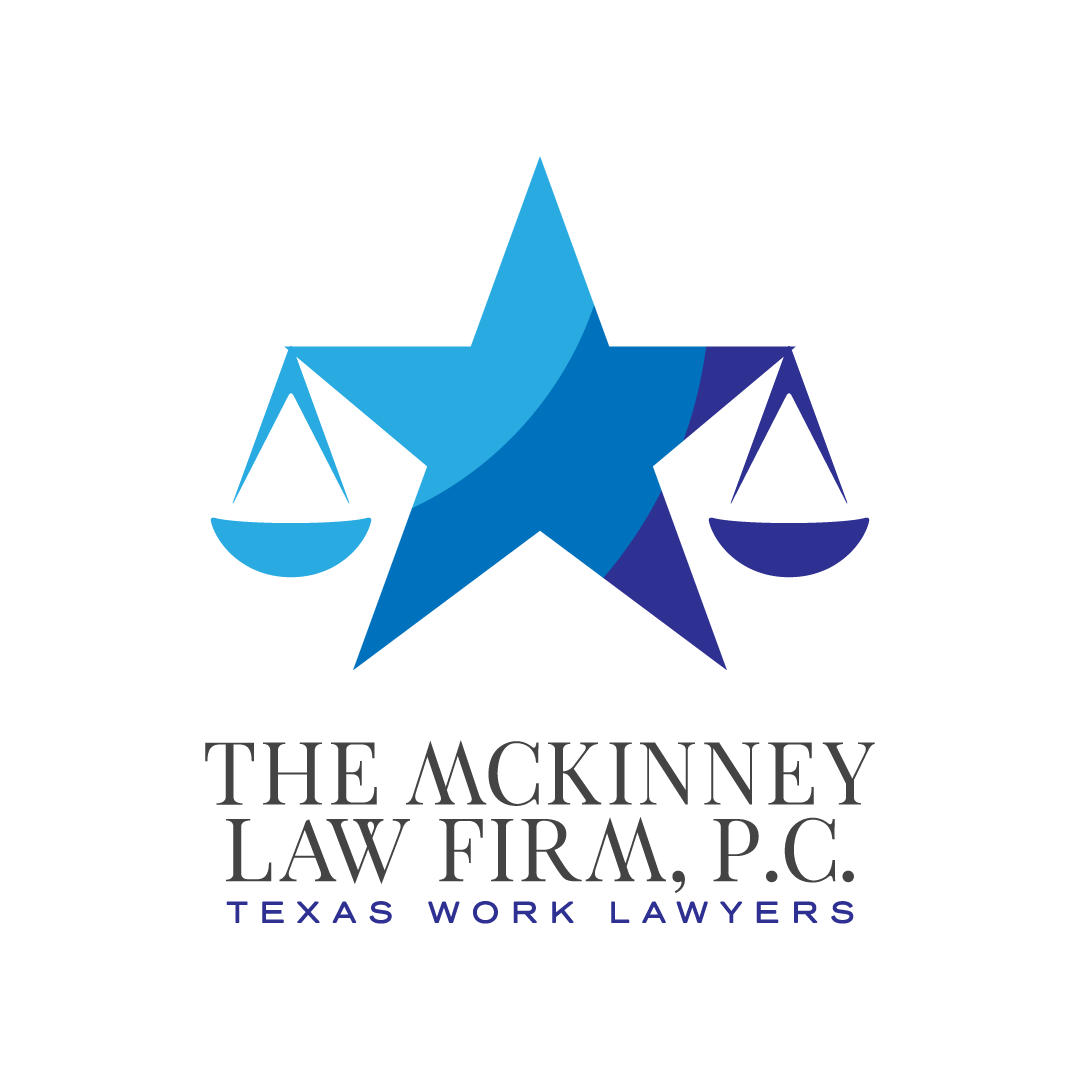Supreme Court: Federal Law Protects LGBTQ Workers
/The Supreme Court ruled yesterday that an employer who discriminates against an individual on the basis of their sexual orientation or gender identity violates Title VII of the Civil Rights Act of 1964, a landmark decision for LGBTQ workers.
The majority opinion in the 6-3 decision in Bostock v. Clayton County, GA was authored by Justice Neil Gorsuch. He was joined by Chief Justice John G. Roberts Jr. and Justices Ruth Bader Ginsburg, Stephen G. Breyer, Sonia Sotomayor, and Elena Kagan.
The opinion was largely based on a textual analysis of Title VII. As the majority notes:
“In our time, few pieces of federal legislation rank in significance with the Civil Rights Act of 1964. There, in Title VII, Congress outlawed discrimination in the workplace on the basis of race, color, religion, sex, or national origin. Today, we must decide whether an employer can fire someone simply for being homosexual or transgender. The answer is clear. An employer who fires an individual for being homosexual or transgender fires that person for traits or actions it would not have questioned in members of a different sex. Sex plays a necessary and undisguisable role in the decision; exactly what Title VII forbids.”
Rates of discrimination against LGBTQ individuals in the workplace are much higher than those of other workers. According to a poll developed by Harvard University, “Among all LGBTQ Americans, at least one in five report having personally experienced discrimination because of their sexuality or gender identity when applying for jobs (20%), when being paid equally or considered for promotion (22%).” LGBTQ low-wage workers, LGBTQ workers of color, and LGBTQ immigrants face even higher rates of workplace discrimination. Many LGBTQ workers remain closeted at work, unsure if courts can and will hold those who discriminate against them accountable.
Now, finally, LGBTQ workers will have some measure of protection under federal law.










